Professor (Hoogleraar, BOF-ZAP until 2020)
Ghent University, Department of Literary Studies
I am a professor of English literature at Ghent University, where I direct the Cultural Memory Studies Initiative, a research group that brings together scholars from across the humanities who work on issues of memory and trauma as mediated through culture. I have held visiting positions at UCLA, Birkbeck, the School of Advanced Study, Columbia University, and the Flemish Academic Centre for Science and the Arts.
I am the author of Postcolonial Witnessing: Trauma Out of Bounds (Palgrave Macmillan, 2013) and Trauma and Ethics in the Novels of Graham Swift: No Short-Cuts to Salvation (Sussex Academic Press, 2005), a co-author of Trauma (Routledge, 2020), and a co-editor of Memory Unbound: Tracing the Dynamics of Memory Studies (Berghahn, 2017). I have also (co-)edited special issues of Memory Studies Review, Collateral, American Imago, Studies in the Novel, and Criticism on climate witnessing (forthcoming), decolonizing English literature, art and climate change, ecological grief, climate change fiction, transcultural Holocaust memory, and postcolonial trauma novels. Currently, I am working on a study of ecological mourning as a creative and transformative process. Several of my publications have been translated into other languages, including Croatian, Czech, Polish, Russian, and Turkish.
Moreover, I am the founding coordinator of the Mnemonics network, an international collaborative initiative to provide research training in memory studies for doctoral students, and a co-chair of the “Transformation of the Environment” working group of the EU-funded Slow Memory COST Action.
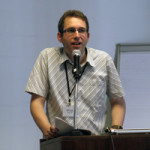
My research interests lie in twentieth-century and contemporary literature and culture, memory and trauma studies, ecocriticism and the environmental humanities, and postcolonial theory. Much of my work explores how literature bears witness to traumatic or otherwise disturbing events and experiences.
My study of Graham Swift brought the insights of trauma theory and ethical criticism to bear on this major contemporary writer. While earlier critics had stressed the ways in which his novels undermine the truth claims of history by foregrounding its conceptual overlap with fiction, my reading reoriented the debate by arguing that the central question Swift’s work raises is not whether reality can be represented truthfully, but whether and how it can be worked through.
In retrospect, this study can be seen as a first attempt on my part to extend trauma theory beyond the field of Holocaust testimony and literature to which its application was usually restricted.
My subsequent research took this endeavour a step further. It set out to strip trauma theory of its persistent Eurocentric and monocultural bias, which is at odds with the field’s commitment to the promotion of transcultural solidarity.
It called into question the tendency of the founding texts of the field to marginalize traumatic experiences of non-Western or minority groups, to take for granted the universal validity of definitions of trauma that have developed out of the history of Western modernity, to favour or even prescribe a modernist aesthetic of fragmentation and aporia as uniquely suited to the task of bearing witness to trauma, and to adopt an anti-comparativist, compartmentalizing approach to interconnected traumatic histories.
My work in this area is widely credited with spearheading the trend towards pluralization, diversification, and inclusivity that characterizes the latest wave of literary and cultural trauma scholarship.
My contribution to the study of memory more broadly has been, firstly, to help effect a shift from a celebratory or euphoric moment in transnational or transcultural memory studies to a more critical and reflexive one and, secondly, to initiate a dialogue between memory studies and the environmental humanities.
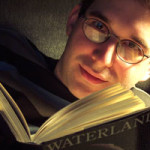
My latest research focuses on how contemporary literature and culture more generally grapple with the aesthetic, ethical, and existential challenges associated with climate change and the Anthropocene, the proposed new geological epoch defined by human impact of which global warming is the most salient manifestation.
While climate change is often discussed in strictly scientific, economic, or technical terms, it also raises profound questions of meaning, value, and justice, as it unsettles conventional ways of seeing and inhabiting the world. Climate change challenges the imagination, shakes the very idea of what it means to be human, and forces us to re-frame our relationship to the planet and to each other.
I examine the human imaginative engagement with climate change via literary texts and other artistic works telling innovative stories that seek to facilitate the perspective shifts and the new ways of thinking and feeling that the Anthropocene imperatively demands.
it answered
everywhere
everywhere
everywhere.
Warsan Shire
PhD in English Literature
KU Leuven, Belgium
MA in Women and Literature in English (distinction)
University of Hull, UK
Licentiate (MA) in English and Dutch Literature and Linguistics (summa cum laude)
KU Leuven, Belgium
Candidate (BA) in English and Dutch Literature and Linguistics (magna cum laude)
KU Brussels, Belgium
Ghent University, Department of Literary Studies
Ghent University, Department of Literary Studies
Ghent University
Ghent University, Department of Literary Studies
Research Foundation Flanders (FWO-Vlaanderen) / Ghent University, English Department
Ghent University, English Department
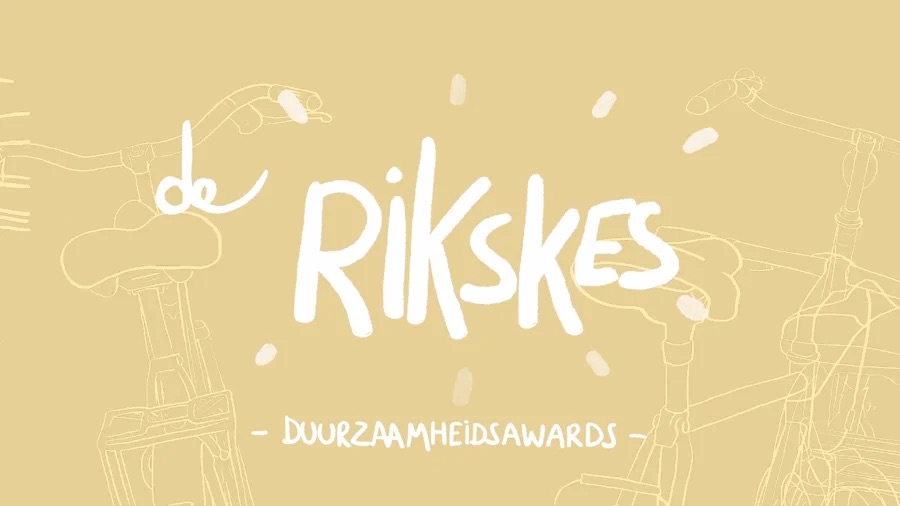

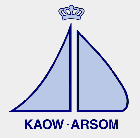

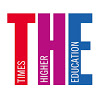
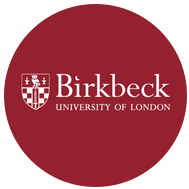
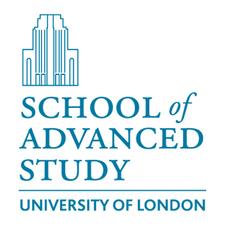




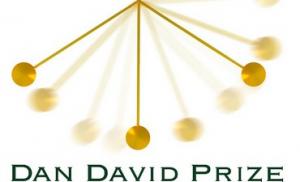

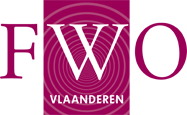
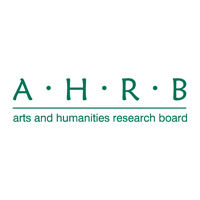
Amitav Ghosh